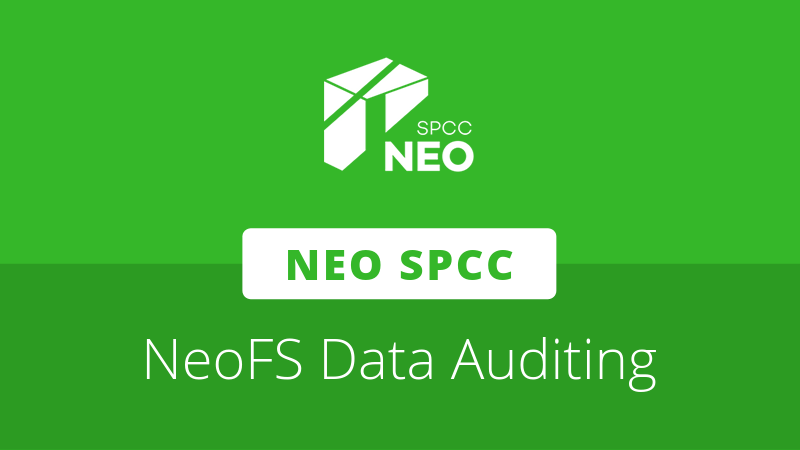
NEO St. Petersburg Competence Center (NEO SPCC) has released the fourth episode in its series of videos aimed at providing users with a simple introduction to the NeoFS decentralized storage platform. The fourth instalment focuses on how stored data is audited in the network.
Transferring large quantities of data in order to verify the integrity is an inefficient task, especially in a distributed environment. To avoid this issue and maintain the scalability of NeoFS, NEO SPCC opted to use homomorphic hashing as a method to prove the validity of stored data without needing to check the entire objects.
In the latest video, the team demonstrates how the system can detect corrupted files and also check whether a given storage node is lying about data it has stored by forcing it to play a data validation game with another node.








About The Author: Brett Rhodes
Brett is a blockchain enthusiast and freelance writer who originally began producing content for the gaming & eSports industries. Now he spends most of his time contributing in the Neo ecosystem.
More posts by Brett Rhodes